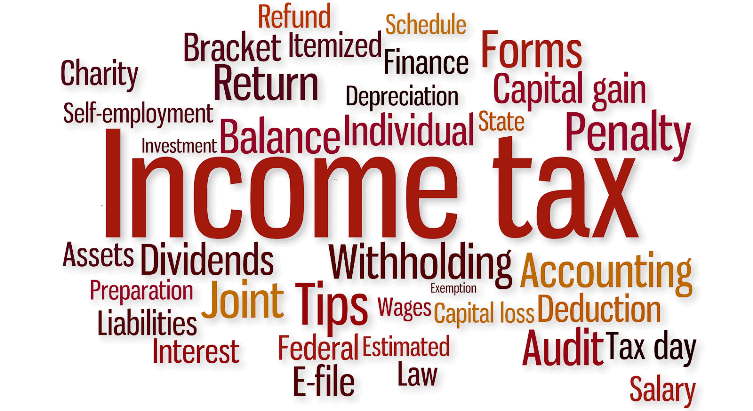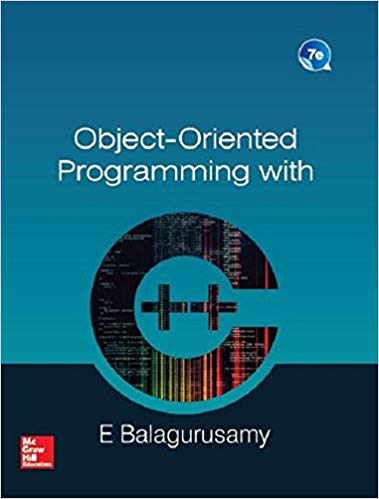COURSE OUTCOMES:
CO1: Understand various books to be maintained by banking companies; get the insight of legal
provisions in preparation of final accounts with various Schedules.
CO2: Learn the meaning of Internal Reconstruction, Accounting treatment when the company is
reconstructed, preparation of final statements after Reconstruction.
CO3: Learn the meaning of Acquisition of Business, Accounting Treatment when new set of books
are opened and when same set of books are continued with respect to Acquisition.
CO4: Get the insight of Company Liquidation, Modes of liquidation with preparation of statement of
affairs.
CO5: Prepare Liquidators final statement of affairs; understand the concept of preferential payments
calculation of liquidator’s remuneration.
CO6: Learn what Amalgamation is and types of Amalgamation; learn what is Purchase Consideration
and its calculation under different methods Giving Accounting treatment in the books of transferor
and transferee companies with real time examples.
CO7: Greet the new terms in Insurance; understand the meaning of life Insurance, Preparation of
Final accounts under life insurance, Valuation of Balance sheet, with Calculation amount payable to
preferential holders.
CO8: Understand the meaning of General Insurance, Preparation of Final accounts under general
insurance. Learn what is Loss of Stocks, assets and profits. Learn how to calculate the claim amount
using Average clause
Students’ Code of Conduct
Rule 1
Mobile phones must be kept away from visibility and on Complete Silent mode during lecture sessions, unless otherwise stated by the faculty. Student(s) found violating the rule will be suspended from the on-going session instantly and attendance will be denied.
Rule 2
Students are not allowed in the classroom without calculators for all accounts, income tax, and other numeric subjects (like Business Statistics). Non – adherence or sharing of calculators will lead to suspension from the on-going session and denial of attendance for the subject.
Rule 3
Students must carry the prescribed textbook/study material(for accounts, income tax, English and other numeric subjects like Business Statistics) in the class. Sharing of Textbooks/study material is not allowed and non adherence of the rule will lead to suspension from the on-going session and denial of attendance.
Rule 4
Classroom Discipline:
- Noise in Classroom in the presence of teachers :
Such behavior will be strictly dealt with.
- Sleeping in lecture sessions :
Strictly not allowed. Will lead to suspension from the on-going session.
- Late entry in classrooms is not permitted.
Grace time:
First hour – up to 8:35 am
-Subsequent lectures – up to 5 minutes of commencement of class
- Eating/chewing(gums) during class sessions is not allowed. Will lead to suspension from the on-going class.
- Offensive language and misconduct in classrooms will not be tolerated in any case. Students will be put through the Discipline Committee. Any such incidents against faculty especially will lead to immediate suspension from classes until meeting with parents.

- Teacher: PRIYANKA S
COURSE OBJECTIVE: To appraise the students about the application Income Tax laws in India when income is earned specifically from Capital gains and other sources and to impart the skills of preparation of Income Tax Returns.
COURSE OUTCOME:
Course Outcome: On completion of this course the students will be:
CO 1) Acquainted with various provisions of Income Tax Laws
CO 2) Able to compute Income from Capital Gains and Income from other sources with thorough knowledge of the applicable provisions and deductions.
CO 3) Acquainted with the various rules for aggregation and set off of losses of the income of one head from the income of other heads.
CO 4) Acquainted with the provisions relating to various deductions applicable from the Gross Total Income.
CO 5) Will be in a position to compute the tax liability of an Individual with the knowledge of the tax rates apply and will be adept with the procedure of filing returns.
CO 6) With the acquired knowledge the students can calculate their tax liability by themselves in future and they can also contemplate choosing a career in this field which is very lucrative.
SCHEME
OF EXAMINATION: All evaluations are conducted as per the norm of Osmania
University. These are two components of evaluations: Internal – 20 Marks, External
– 80 Marks
There will be 2 internal examinations during the semester as per the schedule
of Osmania University. At the end of each semester, the final external examination
will be conducted by Osmania University.
The pattern of Internal Examination Schedule/Date is decided by the University. Each
Internal Examination is of 15 Marks + Assignment of 5 Marks, Final Marks of
internal examination is the average of two internal exams of 15 marks and
assignment of 5 marks. Questions are of objective types and conducted and
evaluated at the college & by the college.

- Teacher: AMULYA VUNNAVA
COURSE OBJECTIVES |
|
|
1. |
To understand how C++ improves C with object-oriented features. |
|
2. |
To learn how to write inline functions for efficiency and performance. |
|
3. |
To learn the syntax and semantics of the C++ programming language. |
|
4. |
To learn how to design C++ classes for code reuse. |
|
5. |
To learn how to overload functions and operators in C++. |
|
6. |
To learn how to implement copy constructors and class member functions |
Course Outcomes |
|
|
CO1. |
Use the characteristics of an object-oriented programming language in a program. |
|
CO2. |
Use the basic object-oriented design principles in computer problem solving. |
|
CO3. |
Program with advanced features of the C++ programming language. |
|
CO4. |
Understand how to apply the major object-oriented concepts to implement object oriented programs in C++, encapsulation, inheritance and polymorphism |
|
CO5. |
Understand advanced features of C++ specifically stream I/O, templates and operator overloading |
|
C06. |
exception handling in C++ programs |

- Teacher: NOOR UNISA

- Teacher: NAGENDRA KUMAR GOLLAPUDI